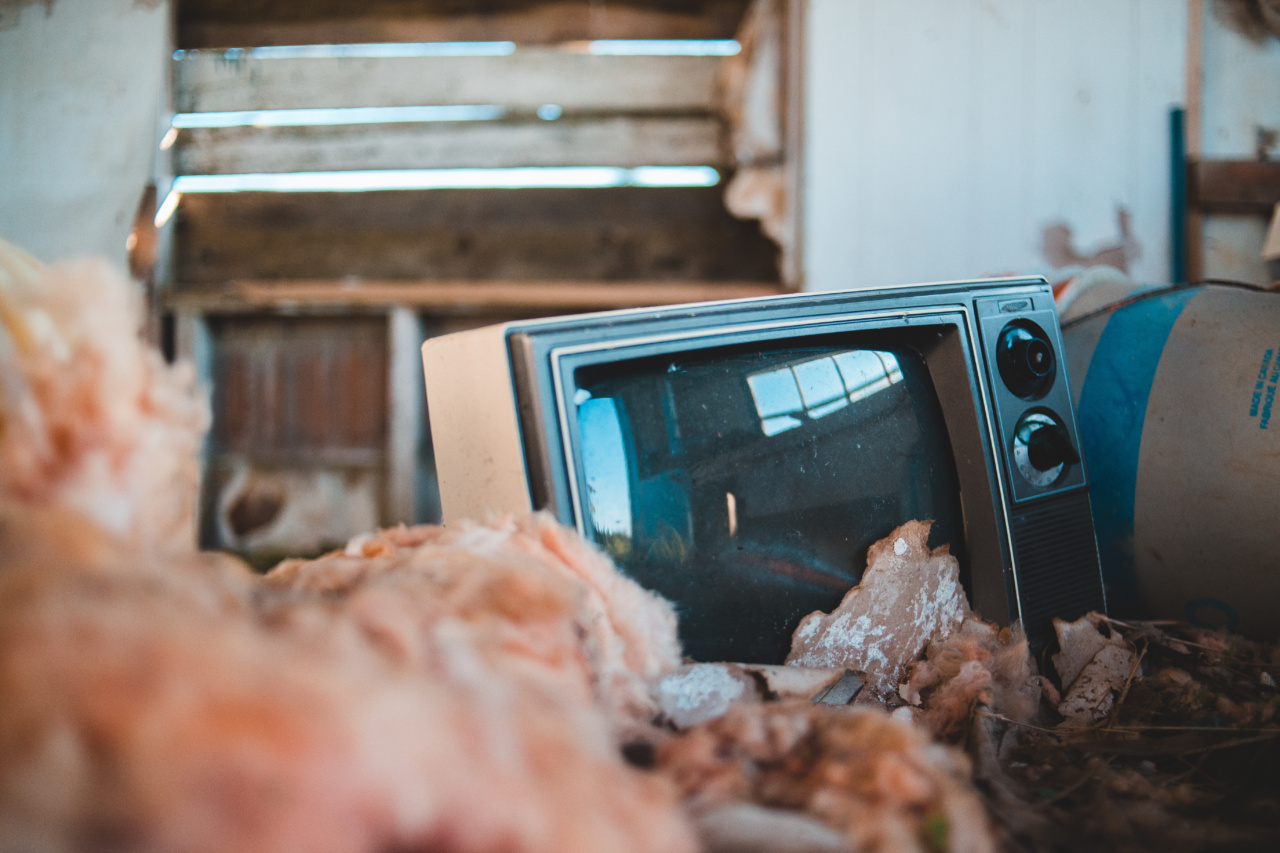Creatinine is a waste product produced by the muscles during their routine metabolic processes.
The kidneys are responsible for getting rid of creatinine from the body through urination, but if the kidneys are not functioning properly, the levels of creatinine in the blood will rise. Understanding creatinine levels and signs of kidney damage is essential in maintaining good kidney health, and this article will explain what creatinine is, how the kidneys work, what creatinine levels mean, and the signs of kidney damage.
What is creatinine?
Creatinine is a waste product produced by muscles from their normal metabolic processes.
Creatine, a natural substance present in muscles, breaks down into creatinine, which is then transported through the bloodstream and eventually excreted through the kidneys. As the kidneys filter the blood, they work to remove impurities and waste, including creatinine. Therefore, creatinine levels in the blood are directly related to how well the kidneys are working.
How do the kidneys work?
The kidneys are responsible for filtering waste products and excess fluid from the body. The nephrons are the functional units of the kidneys, and they filter blood and create urine.
The kidneys regulate blood pressure, produce hormones, and stimulate the production of red blood cells. Waste products, such as creatinine, are excreted through urine, and excess fluid is eliminated from the body.
What do creatinine levels mean?
An elevated creatinine level in the blood may indicate that the kidneys are not functioning correctly. Tracking creatinine levels is an important part of monitoring renal function and identifying potential kidney damage or disease.
Normal creatinine levels for healthy adults are approximately 0.6 to 1.2 milligrams per deciliter (mg/dL) for men and 0.5 to 1.1 mg/dL for women. However, this range varies depending on age, sex, and muscle mass.
Causes of Increased Creatinine Levels
Higher creatinine levels in the blood indicate impaired kidney function, which can be caused by a variety of factors. Some of the most common causes of elevated creatinine levels include:.
- Acute or chronic kidney disease
- Dehydration
- Urinary tract obstruction
- Glomerulonephritis
- Tubulointerstitial nephritis
- Multiple myeloma
- Rhabdomyolysis (muscle breakdown)
- Taking certain medications, such as nonsteroidal anti-inflammatory drugs (NSAIDs), antibiotics, and chemotherapy drugs
Signs of Kidney Damage
If the kidneys are damaged, they may not be able to effectively filter and eliminate creatinine from the blood. This can lead to increased creatinine levels and a host of other symptoms. Some of the most common signs of kidney damage include:.
- Urinating less frequently or in smaller amounts than usual
- Swelling in the feet, ankles, or legs
- Shortness of breath
- Fatigue or weakness
- Nausea or vomiting
- Loss of appetite
- Muscle cramps or twitching
- Metallic taste in the mouth or ammonia breath
- Dizziness or trouble concentrating
- High blood pressure
Measuring Creatinine Levels
Creatinine levels are measured through a simple blood test.
This test is typically part of a comprehensive metabolic panel (CMP) or kidney function test, which includes blood urea nitrogen (BUN), glomerular filtration rate (GFR), and other important measures of kidney function. In some cases, a urine test may also be used to measure creatinine levels.
Managing Creatinine Levels
Managing creatinine levels requires addressing the underlying cause of elevated levels. If creatinine levels are high due to dehydration, increasing fluid intake can help. If kidney damage is the cause, treatment will depend on the severity of the damage.
Some common treatments for kidney damage include:.
- Lifestyle changes, such as eating a healthy diet, exercising regularly, and quitting smoking
- Medications to manage blood pressure, lower cholesterol, or treat infections as needed
- Dialysis or kidney transplant in cases of severe kidney damage or failure
Conclusion
Creatinine is an essential marker of kidney function, and elevated levels can indicate impaired renal function or kidney damage. Monitoring creatinine levels can help identify potential kidney damage or disease and allow for early intervention.
Understanding the signs of kidney damage and taking appropriate steps to manage creatinine levels can help protect kidney health and prevent serious complications.





























